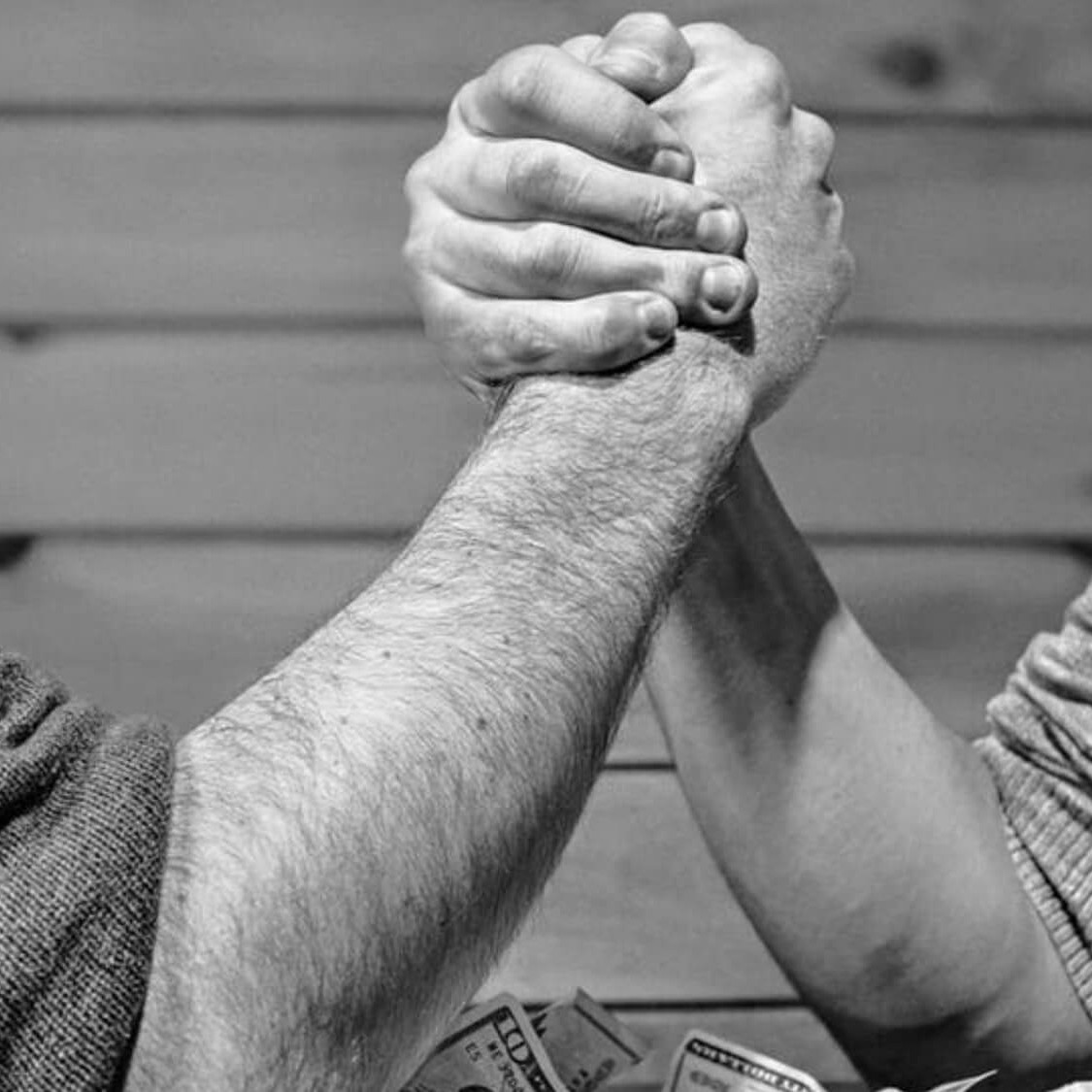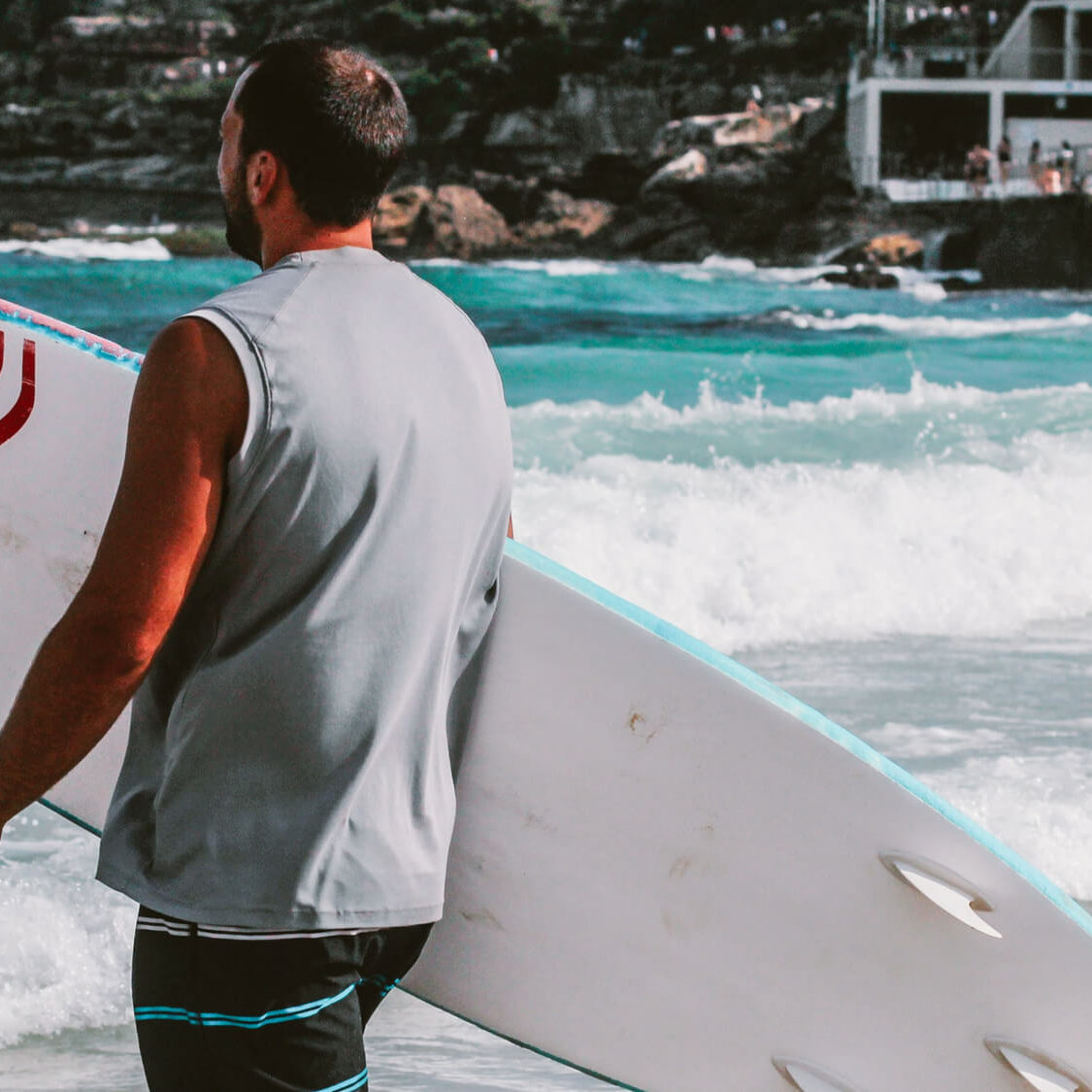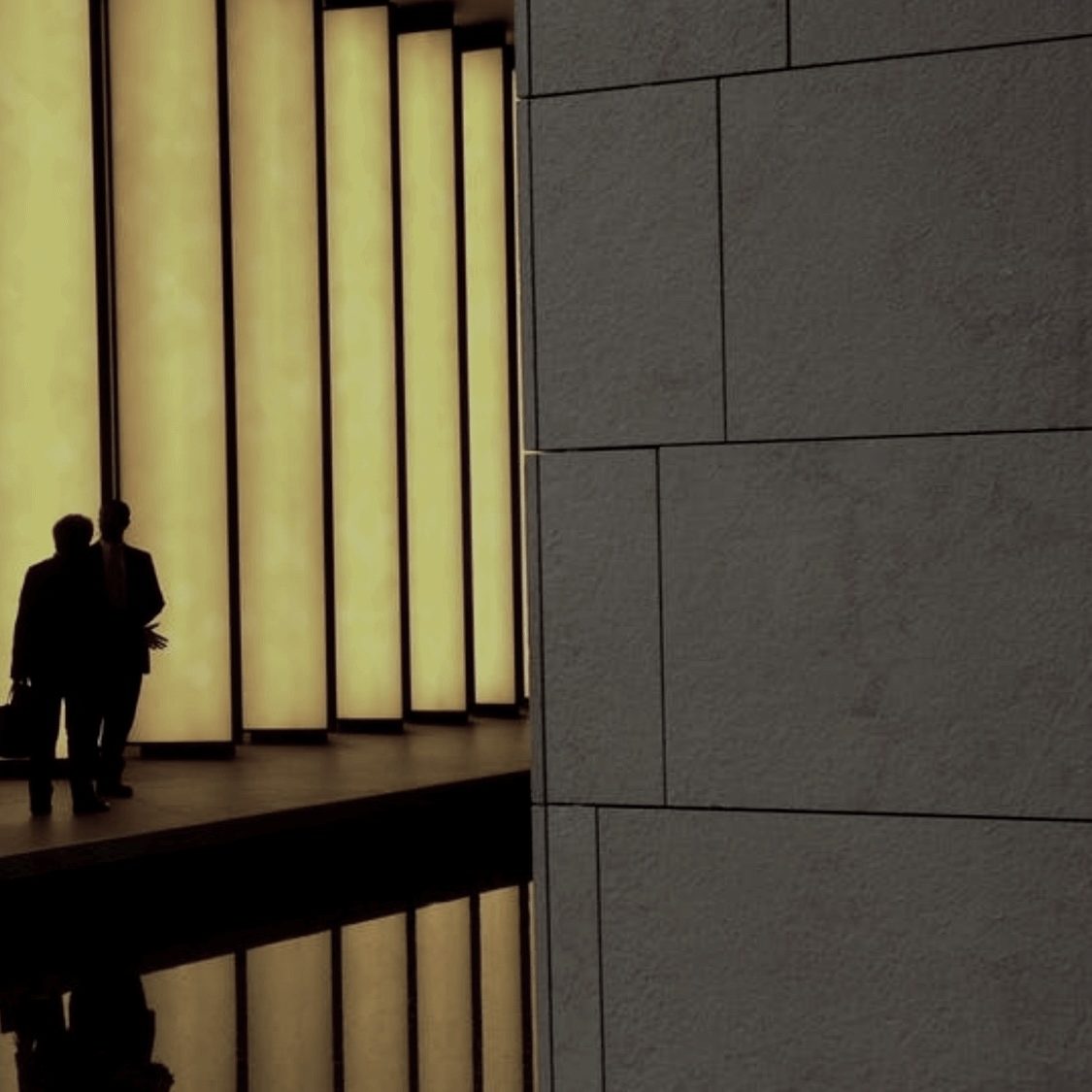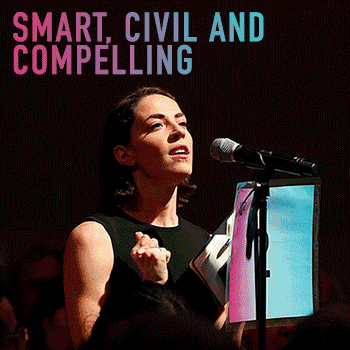
What I now know about the ethics of fucking up
Opinion + AnalysisRelationships
BY Alison Hill 28 MAY 2019
We’ve all fucked up before. Big mistakes and small, regrettable misdemeanours.
I have a penchant for saying things that are funny inside my head but come out all wrong. I know I’ve unintentionally offended and hurt people by blurting out the first thing that comes to mind. If I’ve become aware of it, I’ve tried to make amends. But it’s never been big, public or career ending. So, being honest, part of my interest in going along to ‘The Ethics of Fucking Up’ was schadenfreude.
I wanted to hear how Sam Dastyari and Mel Greig, who shared their stories of the ‘Chinese political donor scandal’ and the ‘Royal prank call’ had stuffed up. In truth, I wanted to revel in it just a little, to tell myself that at least it had never been that bad for me. I wanted to identify with Paul McDermott, whose fuck ups had never made the front pages or ruined lives.
I watched the crowd enter the sold-out venue in inner Sydney, thinking that every single one of these people who looked so smart, privileged and self-possessed had done at least one monumentally stupid thing in their lives. Had they come looking for redemption? For confirmation that what they did was okay? Because we all fuck up, whether we’re being naïve and thoughtless or doing something dastardly.
Pizza, wine and dark confessions
So what did I take away from a night that was variously funny, intelligent, shocking and sad, with pizza and wine thrown in for good measure?
It seems the biggest fuck ups come about when there is a combination two things: individuals being encouraged to act without first thinking through their decisions, and institutions not living by an ethical framework – or not having one at all. Add to that the speed at which we act in the tech era and it’s no wonder we’ve hurtled into our present state.
As Sam described it, ‘We’re heading backwards with our morality, with our acceptance and empathy for others, with our responsibility for the planet, while fear, selfishness and xenophobia are controlling our political decisions’.
So despite not being able to condone what he did in the ‘Chinese political donor scandal’, my heart ached for him when he described how, in the midst of the scandal, he lay in bed at 3am alone with his thoughts, realising he was solely responsible for the mess.
Rethinking forgiveness
Nobody deserves this unless they have committed some monstrous crime. I decided that I will accept mea culpas and requests for forgiveness more graciously, in my personal life and by public figures. When somebody shows true remorse, I’ll forgive them, because I’m more aware how we all fuck up from time to time, in big and small ways. It’s only human.
We love to hold individuals to account, especially when they are public figures. Perhaps we should be harder on institutions. Mel Greig told us how the broadcast organisation’s processes and ethical judgements went unquestioned during the ‘Royal prank call’.
To recap: the call to the London hospital caring for the Duchess of Cambridge ended in the suicide of nurse Jacintha Saldanha, who fell for the joke thinking it was the Queen and Prince Charles. A chain of decisions meant the prank call was broadcast in full – although Mel tried to stop this happening.
Yet Mel had to wear all the blame. Her description of the trolling she endured afterwards, which included death threats, made the room go quiet. Tears shone in the eyes of the person next to me. Public shaming, relentlessly negative and disparaging media coverage and the non-stop blast of social media are damaging people like never before. At no time has it been easier to broadcast judgment on individuals, instantly and loudly. But institutions are never made to suffer in the same way. Think banking royal commission.
How would I survive if this happened to me, I wondered?
A call to arms against the trolls
Would I be brave and resilient like Mel, and use the horrible experience to start a conversation to help other people, as she did by starting Troll Free Day? Would I have been strong enough to front up to the inquest into nurse Jacintha Saldanha’s death, look her children in the eye and say sorry? Would I stop looking for scapegoats and accept blame, as Sam did, learning to live with what he called ‘the darkest shit in the world’?
As always, a discussion about ethics goes on long after the lights have been turned off. Listening to this conversation about the ethics of fucking up has encouraged me to start conversations about it with friends and family. I realised we all draw the line about what we will and won’t forgive somewhere different, one of the things that defines our personal ethics.
The crowd drifted into the street to the sounds of Paul Kelly’s I’ve Done All the Dumb Things and Cher’s If I Could Turn Back Time. Neither has ever been on my playlist, but I heard them in a new way. Opening your ears to things you think you already know is good thing.
I’ll certainly go back for The Ethics Centre’s conversations on desire, lying, courage and nudity.
MOST POPULAR
ArticlePOLITICS + HUMAN RIGHTS
Do states have a right to pre-emptive self-defence?
EssayBUSINESS + LEADERSHIP
Understanding the nature of conflicts of interest
ArticleBeing Human
The problem with Australian identity
EssayBUSINESS + LEADERSHIP




